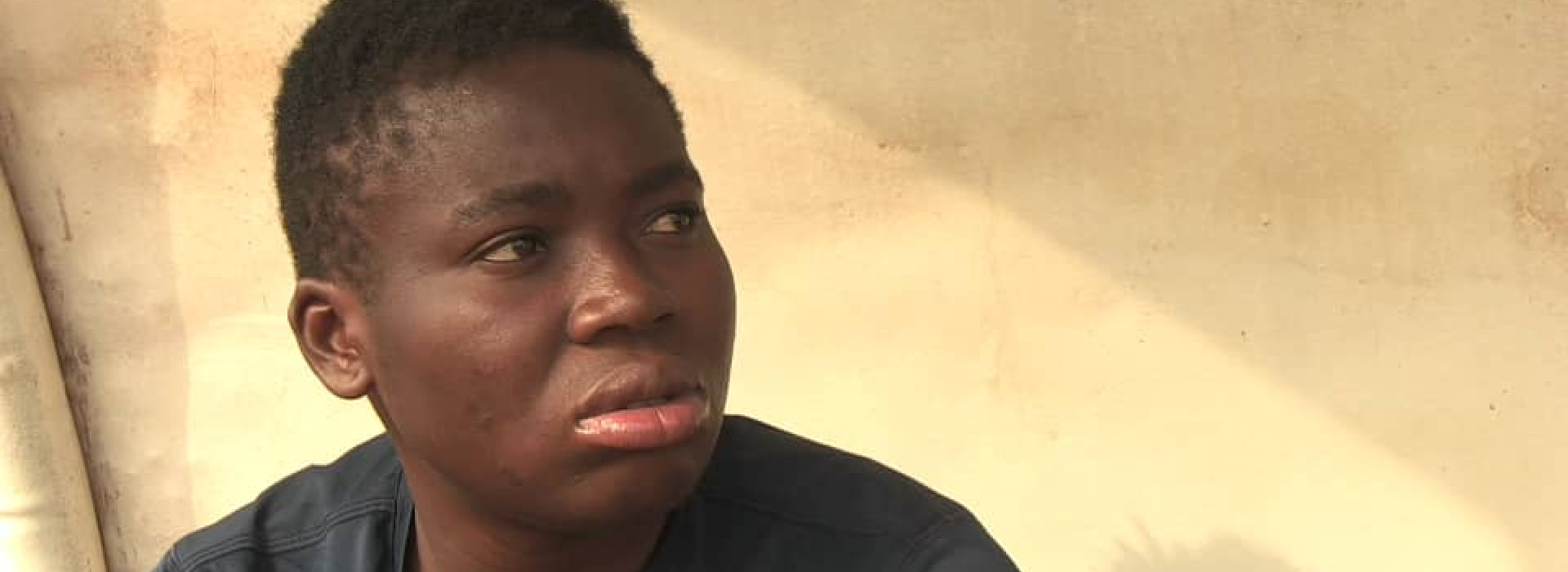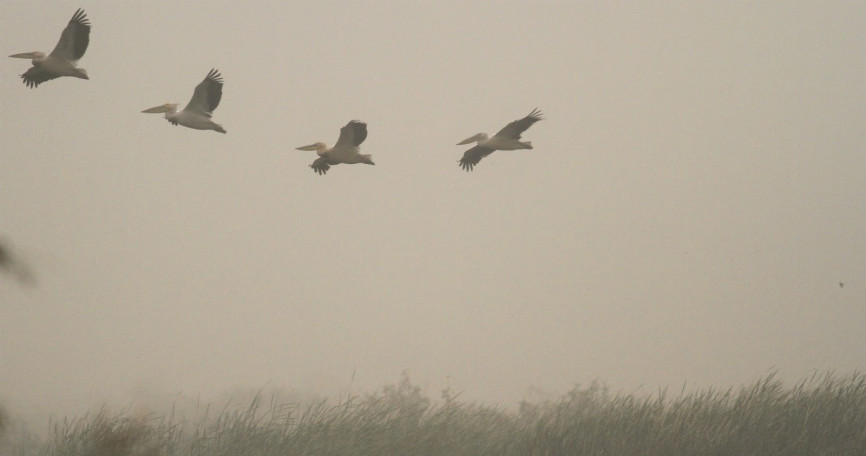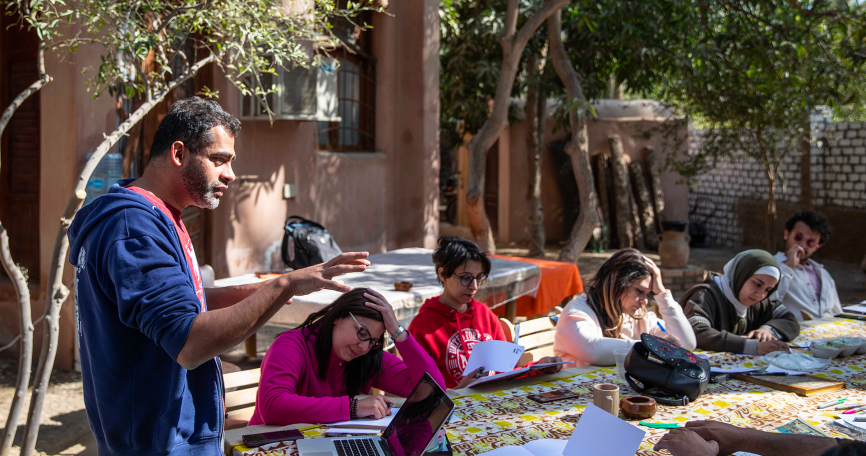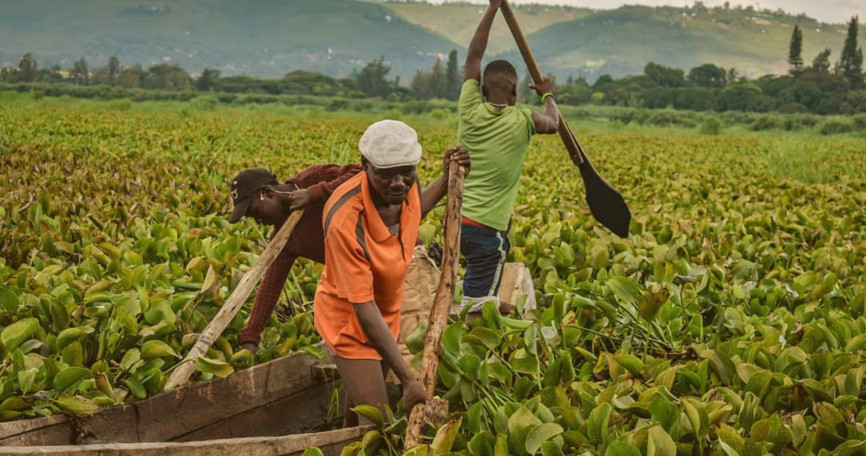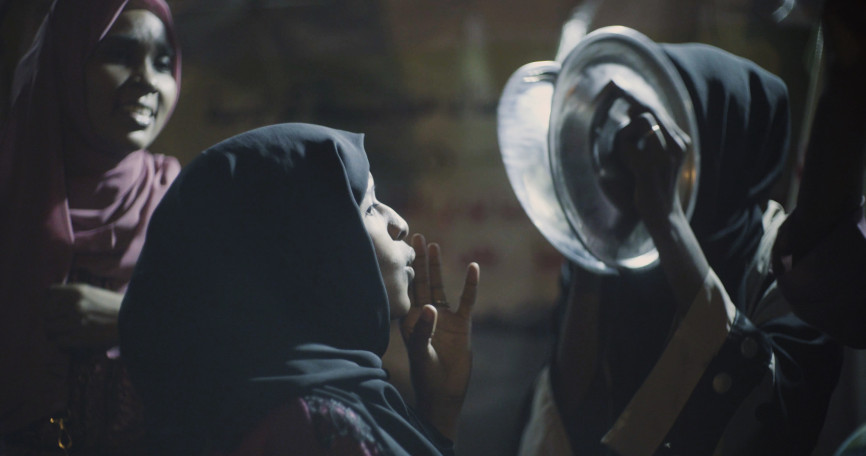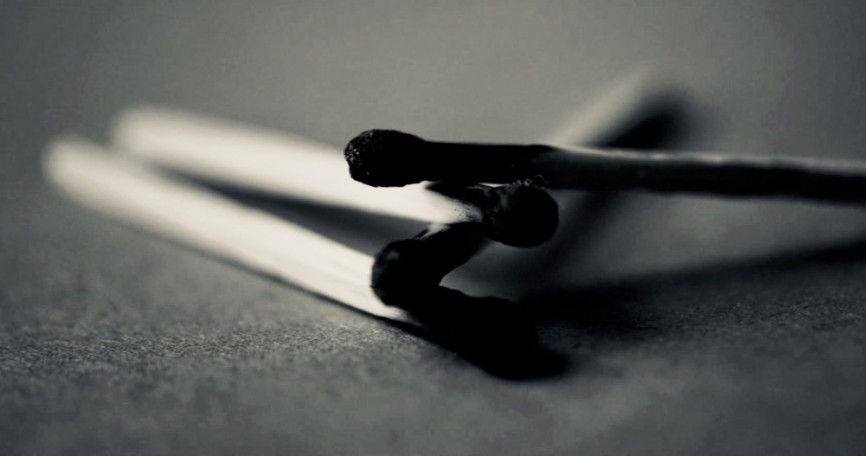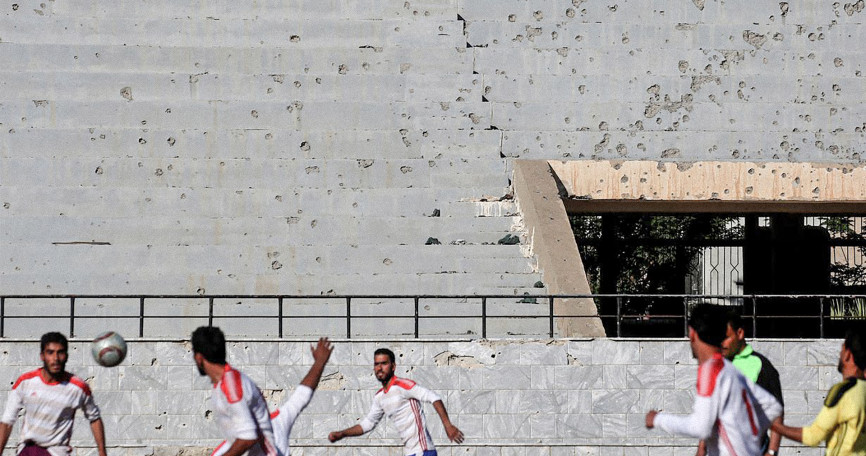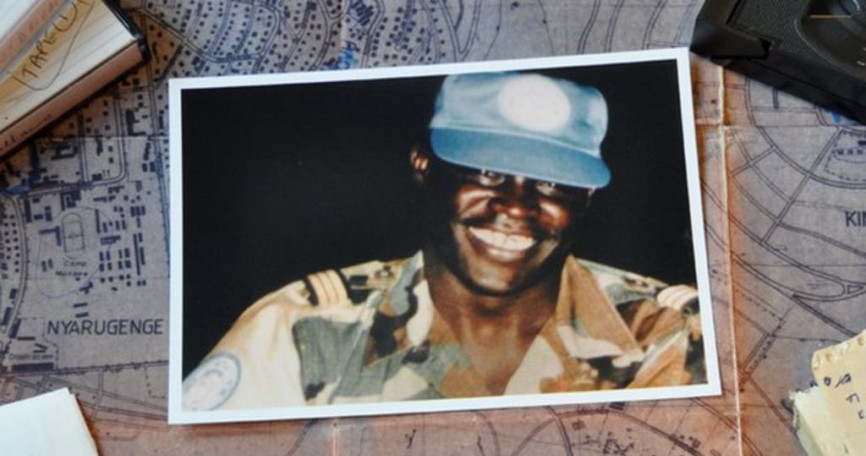Koli-Wali
Synopsis
“Football is a men’s sport but it is also played between women’s teams and in the end it is always the Central African girls who lose, because of a lack of consideration.” – Radio Ndeke Luka
Never before has the women’s football team from the Central African Republic (CAR) qualified for the African Cup of Nations (CAN) final. It must be noted that, within the selection, a series of issues go unaddressed: unpaid per diems, unpaid match bonuses, catastrophic training conditions, recruitment bought by less talented players, confusion among players and coaches, and discrimination in all its forms. Félicité, however, wants to believe in the possibilities of making it to the final. An attacking midfielder on the national team, nicknamed “l'incontournable buteuse” (the unstoppable scorer), she trains tirelessly to break the CAR team’s curse. Football has always been her passion. Nothing can stop her – neither the scornful glares of men, nor the insults of misogynous fans, nor the dilapidated equipment, nor the corruption of the Confederation of African Football.
Makongo Films (Central African Republic)
Elvis Sabin Ngaïbino
danieleincalcaterra@gmail.com
Kiripi Films (Democratic Republic of Congo)
Dieudo Hamadi
Karta Film (Italy)
Marco Bechis
Director’s statement
Faced with a rotten system, Félicité's fortitude amazes me. For her, there is no question of giving up – ever. In spite of all the trials she undergoes, her hope never flags. After every setback, she urges others to keep their spirits up. She continues to believe that victory is at the end of the road. And by spending time with her, I have started to believe it too. Could it be that this women's national team will break the curse on our country? And why not? With Koli-Wali, I would like to pay tribute to the courage of these women who dedicate themselves body and soul to their sport. This film will be the story of a passion – the story of a young woman who is forever moving forward – unstoppable whether confronted by the gaze of others or by material difficulty.
Biographies
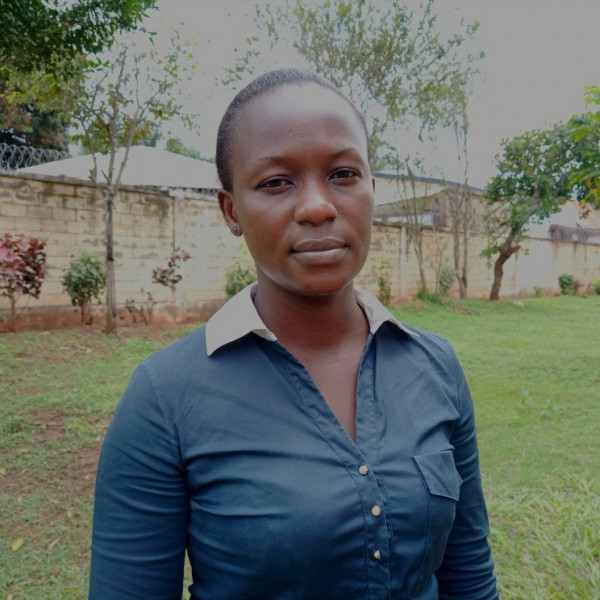
Born in 1987 in Bangui, Leila Thiam N’deye has worked for several years for Central African national television, where she has directed several reports. In 2017, she was chosen to participate in the first Ateliers Varan sessions in Bangui, during which she directed Chambre n°1, her first creative documentary, which was selected for numerous international festivals, including Visions du réel, FIDADOC Agadir, and the Africa World Documentary Film Festival in Saint Louis, USA. She is currently developing her first feature-length documentary, Koli-Wali.
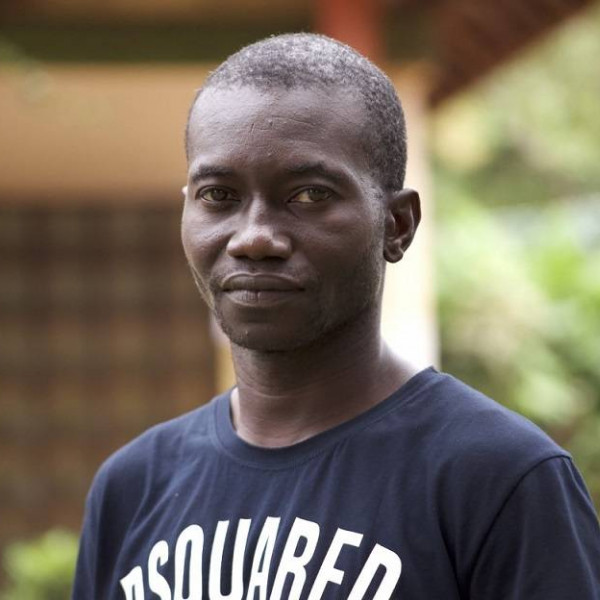
Elvis Sabin Ngaïbino was born in the Central African Republic in 1985. After graduating from studies in geology, the launch of Ateliers Varan in 2017 allowed him to shoot Docta Jefferson, which was selected for several international festivals. Makongo (2019), his first feature-length film, was presented in the Final Cut section of the Venice Film Festival. It went on to receive both the Scam International Award and the Library Award at Cinéma du réel in Paris, and has since been selected for numerous festivals, among them BAFICI in Buenos Aires, the Filmfest Hamburg and the International Documentary Film Festival Amsterdam. Following Makongo, in 2019 Ngaïbino launched Bangui-based Makongo Films – the first film production company in the Central African Republic – with his former trainers, Daniele Incalcaterra and Boris Lojkine.
€ 216 000
€98 000
Fonds de la Francophonie, Karta Films
2020, 2021, Central African Republic
End of 2021
Financing, distribution
